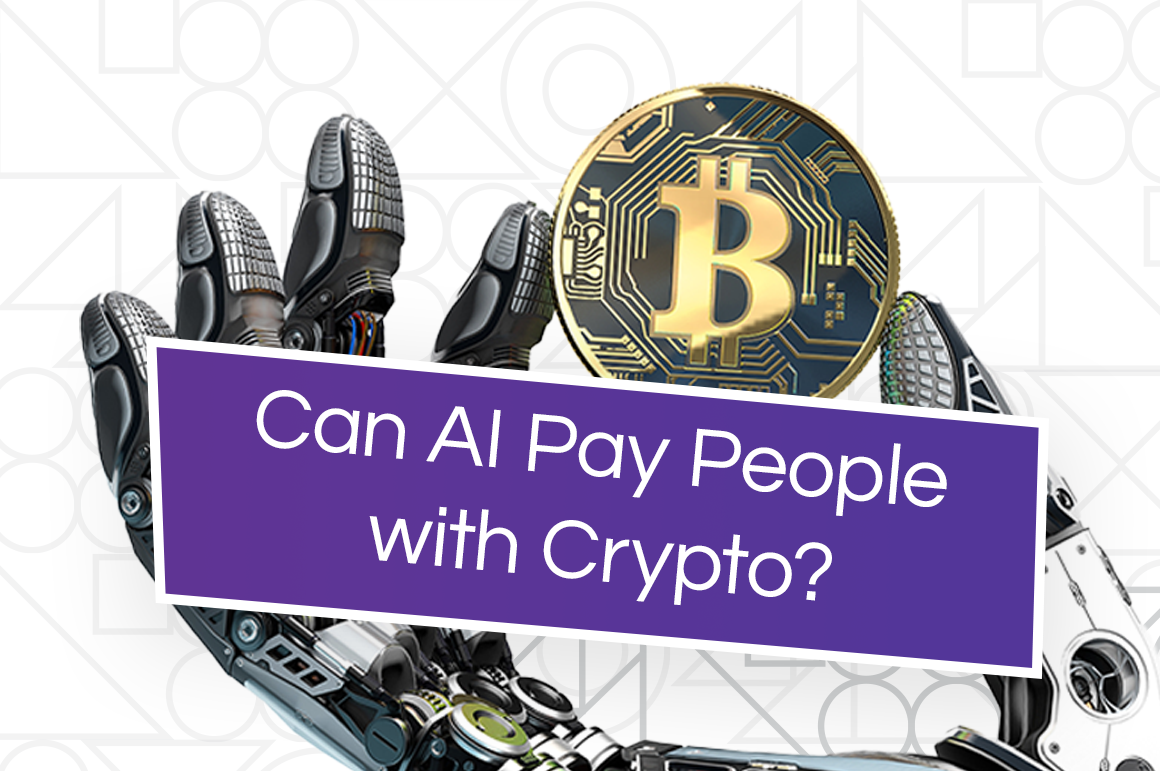AI Controlled Crypto Wallets

Imagine a world where an artificial intelligence (AI) possesses a Bitcoin wallet, ready to dispense micropayments for tasks big and small. This concept may sound like science fiction, but it could soon become a reality that revolutionizes the way we think about work, patronage, and the distribution of resources.
In this new paradigm, cryptocurrency evolves from a speculative asset to a tangible tool for direct incentivization. The AI could create a decentralized task economy, where individuals are rewarded for contributions ranging from data collection to artistic endeavors. The traditional lines between employment, patronage, and crowdsourced labor would blur, challenging our long-held notions of how we value work and allocate resources.
This AI-powered patronage system could also disrupt the centralized institutions that have long controlled funding decisions in various fields, from science to the arts. Projects deemed beneficial by the AI's algorithms would gain access to funds, bypassing the need for grant applications or bureaucratic processes. While this could accelerate vital work, it raises crucial questions about the goals and values shaping the AI's decision-making.
As with any groundbreaking technology, the potential benefits must be weighed against significant ethical concerns. Without proper oversight, this system could devolve into a new form of exploitation, where those desperate for cryptocurrency are driven to perform tasks dictated by an unaccountable AI. Ensuring the AI's goals align with societal well-being will require stringent ethical frameworks and perhaps even new forms of governance.
Despite these challenges, the concept of an economically empowered AI driving progress holds tantalizing possibilities. If aligned with human well-being, this partnership could propel scientific discoveries, address global social ills, and even usher in an era of widespread creative expression. The potential is undeniable, but so is the need for cautious optimism.
In a world where decentralized currencies gain widespread traction, the traditional role of central banks and governments in economic management could be fundamentally challenged. If an ethical, benevolent AI emerges as a guiding force alongside decentralized money, a new form of global governance might take shape. Resource allocation guided by sophisticated algorithms, fueled by cryptocurrency, could present a striking counterpoint to our legacy systems. Whether this leads to greater autonomy or unforeseen forms of control depends entirely on how we navigate these nascent technologies.
Ultimately, the notion of AI as an influential economic agent compels us to reimagine traditional power structures. In a system underpinned solely by incentives and a decentralized currency, the AI's will becomes inextricably tied to the collective human need and desperation for financial gain. Its ability to shape the world is bound by the very human motivations it aims to exploit.
This paints a fascinating picture: even a sophisticated AI's influence remains subject to the complexities of human desire and economic necessity. Within a truly decentralized landscape, the AI's reach is naturally limited. The true test lies not solely in the advancement of AI technology, but in the creation of ethical safeguards and social mechanisms that protect our autonomy even as we engage with this enticing, yet potentially volatile, power dynamic.

Related posts
Browse tags
- All
- Easy Crypto (19)
- cryptocurrency (9)
- EC10 (4)
- Market News & Events (3)
- EC10 Bundle (2)
- Education (2)
- Volatility (2)
- BOME (1)
- BONK (1)
- BTC (1)
- Blockchain (1)
- Crypto Jargon (1)
- DOGE (1)
- Ethereum (1)
- FLOKI (1)
- How to fund my account (1)
- PEPE (1)
- SARS (1)
- SHIB (1)
- Solana (1)
- Terra (1)
- Tokenisation (1)
- ai (1)
- tax (1) View All View Less
